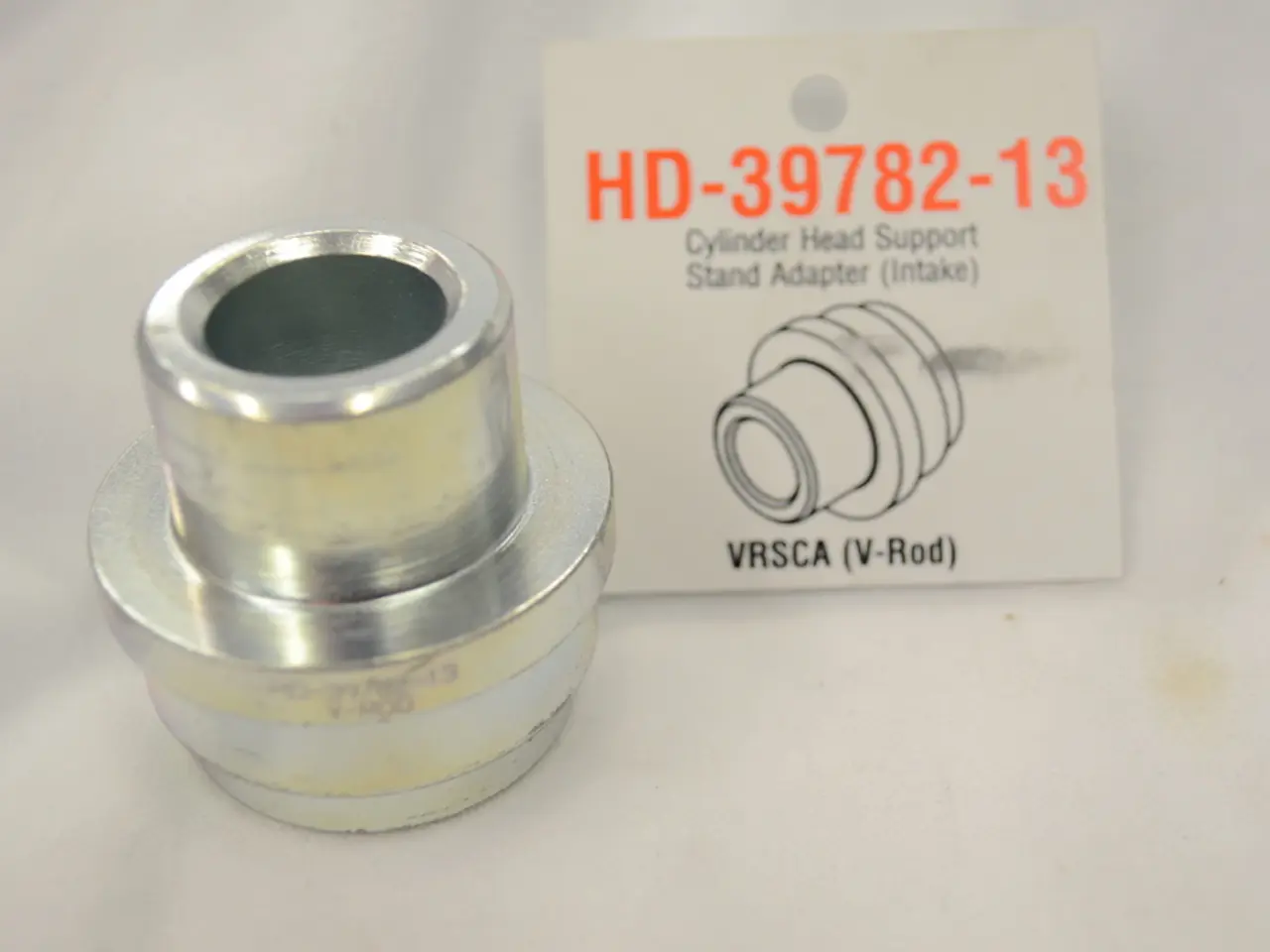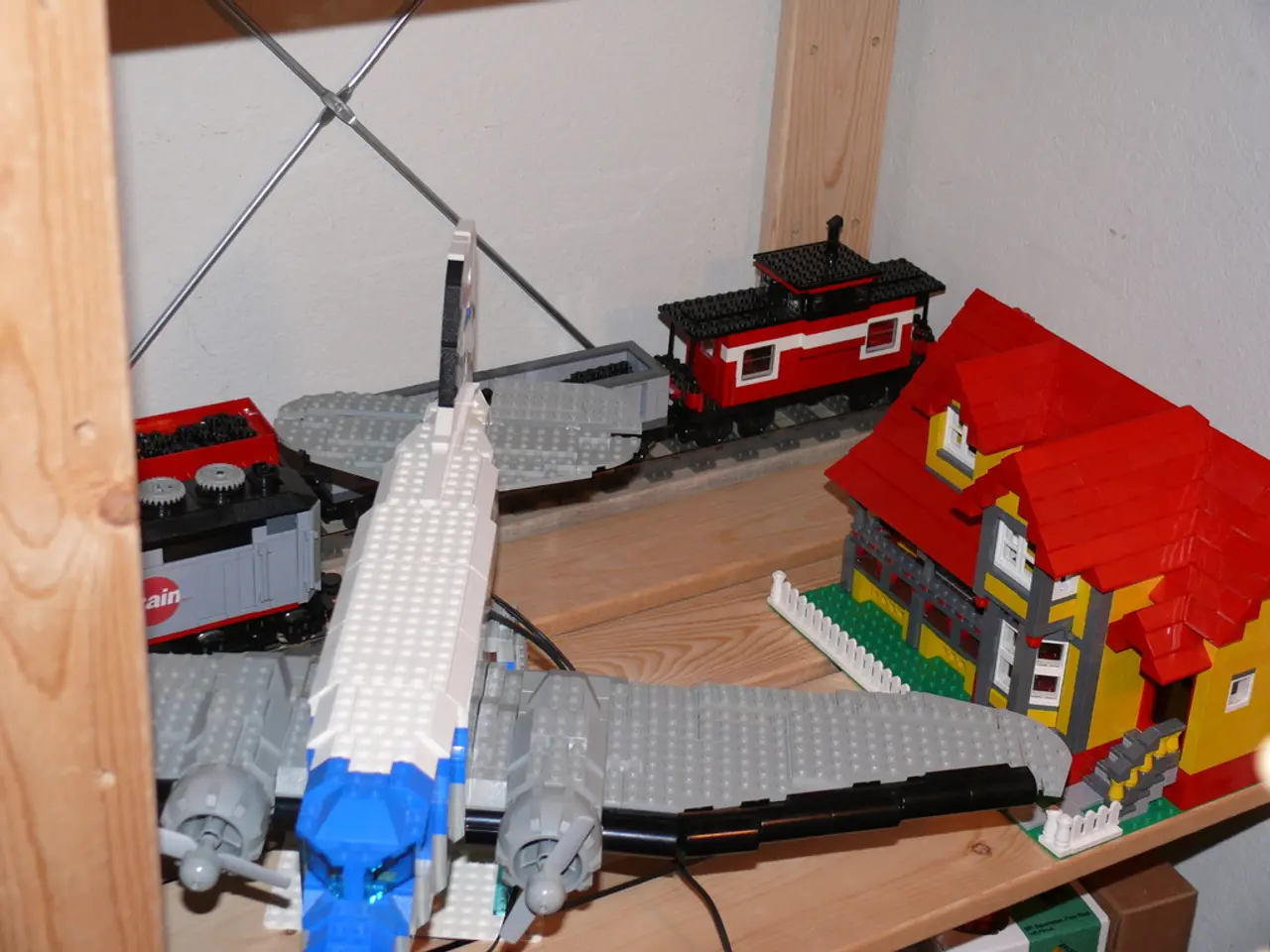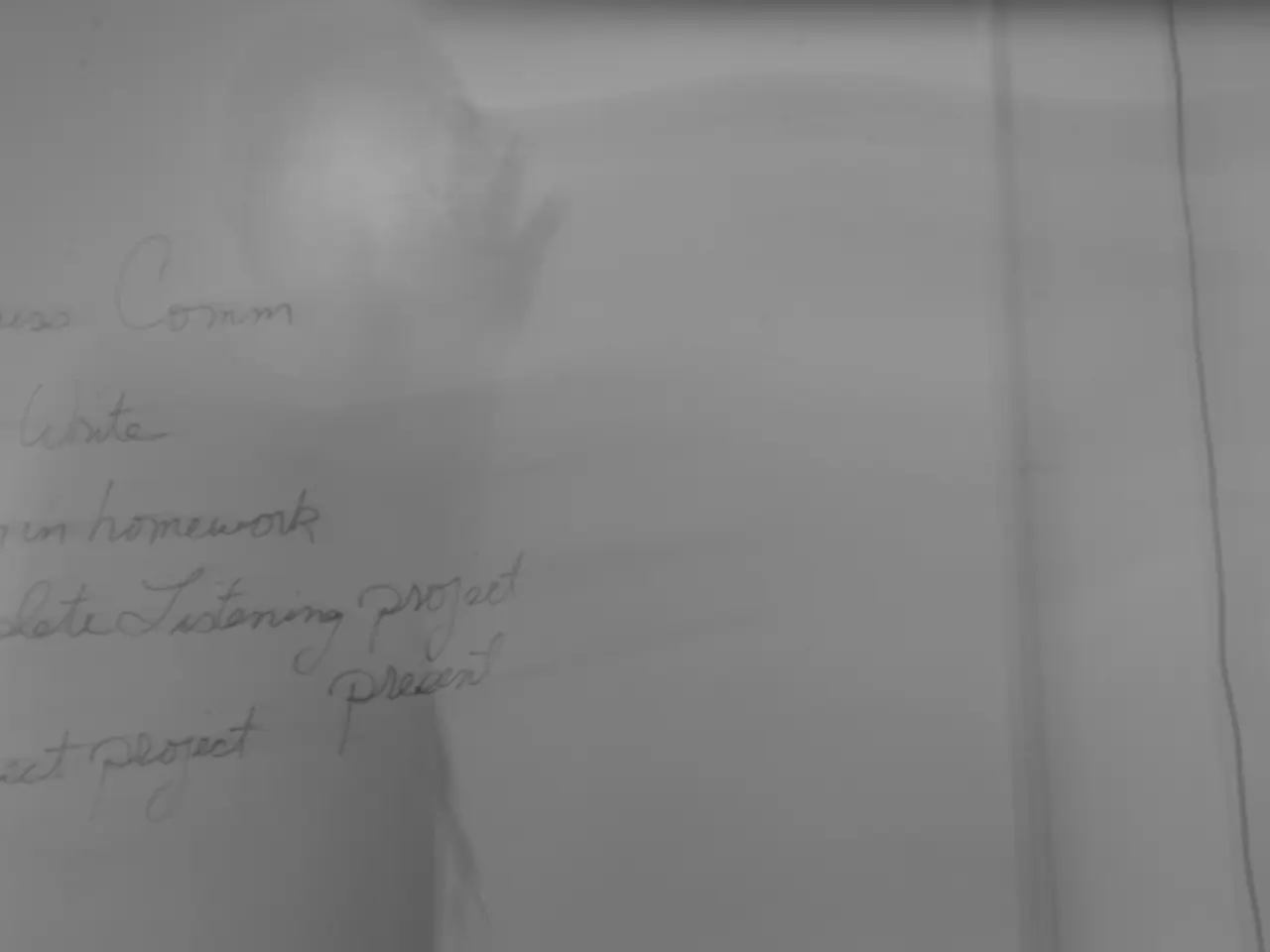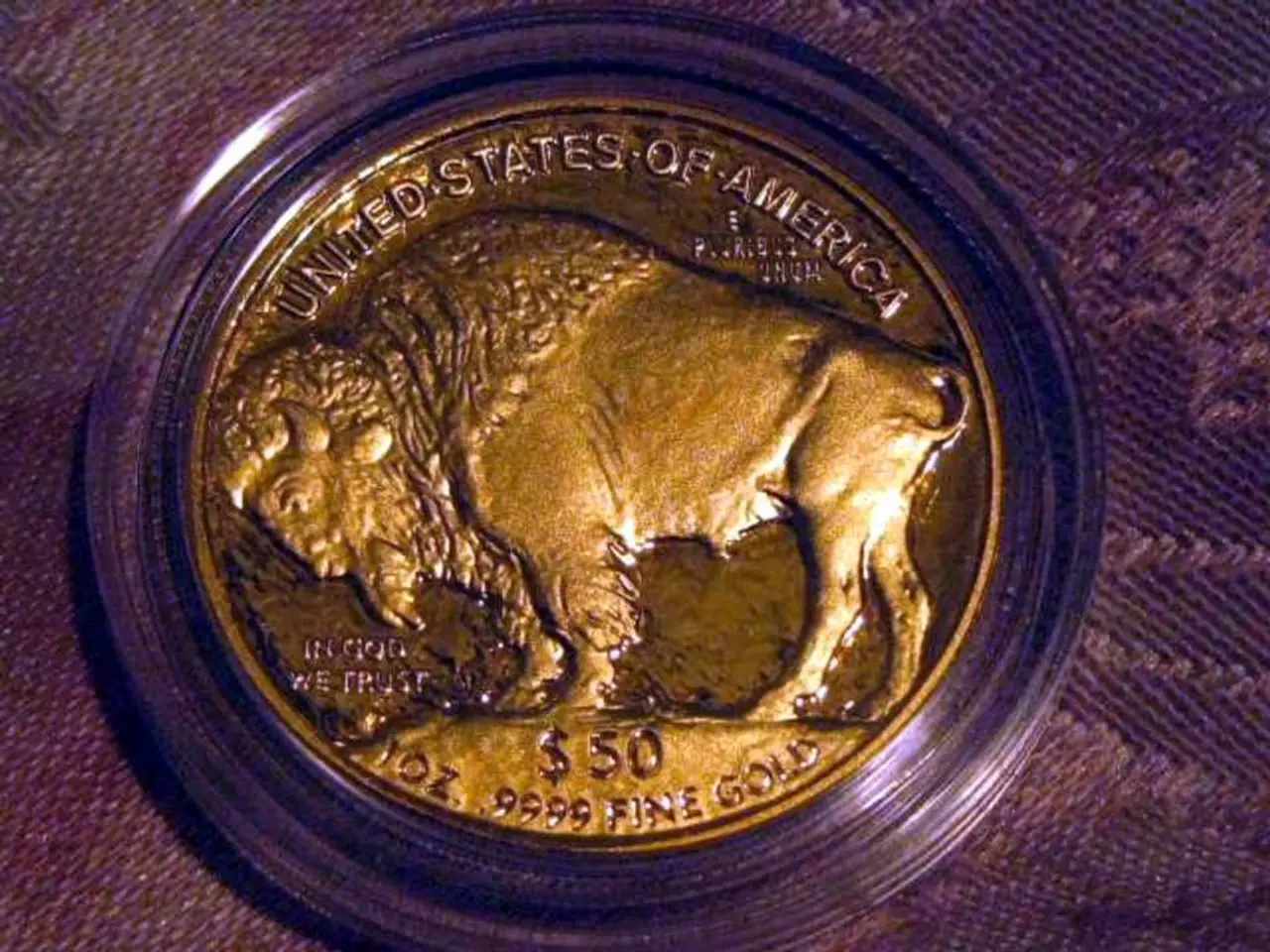Michigan's Emission Regulations for Part 60 and Part 62, along with State/Federal Plans under Sections 111d and 129 Delegations
Michigan's Department of Environment, Great Lakes, and Energy (EGLE) oversees the regulation and permitting of various types of solid waste incinerators, ensuring compliance with federal and state air quality standards.
Under the Clean Air Act (CAA) section 111(d), enacted in 1970, pollutants not covered by criteria pollutant provisions or section 112 of the CAA are regulated. Michigan's air quality delegations for different types of incinerators are managed by EGLE's Air Quality Division (AQD).
Large Municipal Waste Combustors (LMWCs) are subject to state air quality plans consistent with federal requirements. Facilities must submit annual compliance certifications and are subject to pollutant emission limits based on federal and state standards.
Hospital/Medical/Infectious Waste Incinerators (HMIWIs) are also regulated under Michigan's air quality permits. They are required to maintain compliance with emission limits and submit deviation reports with annual certifications under Renewable Operating Permits (ROPs) regulations. Specific limits align with federal standards to control hazardous air pollutants.
Small Municipal Waste Combustors (SMWCs) are regulated similarly to LMWCs but are sized and regulated according to capacity thresholds under federal guidelines delegated to Michigan. They require permits and compliance certification.
Commercial, Industrial Solid Waste Incinerators (CISWIs) are regulated under Michigan’s air quality program aligned with EPA standards. These incinerators obtain state-issued permits with compliance conditions and annual reporting requirements.
Other Solid Waste Incineration Units (OSWIs) are generally included under state air quality plans and permitting frameworks. Michigan has adopted corresponding federal emission guidelines, with compliance monitored via permits and annual certification as part of the ROP program.
Sewage Sludge Incinerators (SSIs) require permits and are regulated by Michigan EGLE per the state's implementation of federal emission standards. Monitoring, compliance certification, and reporting follow the ROP procedures described for other units.
Municipal Solid Waste (MSW) Landfills, while not incinerators, are regulated under air quality rules addressing landfill gas emissions. EGLE oversees compliance with federal and state emission standards, issuing permits and requiring annual reporting.
Michigan's air quality program is structured with a requirement for sites operating under ROPs to submit annual compliance certifications confirming ongoing compliance and reporting any deviations to EGLE’s AQD. The state has actively shut down or regulated legacy incinerators with high pollution profiles, reflecting a strong commitment to air quality.
If a state does not seek approval for a plan, the federal plan applies for LMWC, SMWC, HMIWI, SSI, CISWI, OSWI, and MSW Landfills. For instance, HMIWI has its own federal plan (40 CFR Part 62 Subpart H), and SSI has its own NSPS and EG (40 CFR Part 62 Subpart L). Detailed permit-by-permit delegation documents or specific current permit conditions for a particular facility can be found with the Michigan EGLE Air Quality Division.
- Michigan's Department of Environment, Great Lakes, and Energy (EGLE) oversees not only various types of solid waste incinerators but also Municipal Solid Waste (MSW) Landfills, ensuring compliance with federal and state air quality standards.
- In the case a state does not seek approval for a plan, federal plans apply for facilities such as Large Municipal Waste Combustors (LMWCs), Small Municipal Waste Combustors (SMWCs), Hospital/Medical/Infectious Waste Incinerators (HMIWIs), Sewage Sludge Incinerators (SSIs), Commercial, Industrial Solid Waste Incinerators (CISWIs), and Other Solid Waste Incineration Units (OSWIs), as well as MSW Landfills.
- Science and environmental-science play a significant role in Michigan's air quality program, with specialized federal plans like 40 CFR Part 62 Subpart H for HMIWIs and 40 CFR Part 62 Subpart L for SSIs providing specific emission standards and procedures.
- Finance is also a crucial aspect of Michigan's solid waste management, as facilities requiring permits must meet compliance conditions and annual reporting requirements under the state's Renewable Operating Permits (ROPs) regulations, ensuring financial accountability in the industry.




